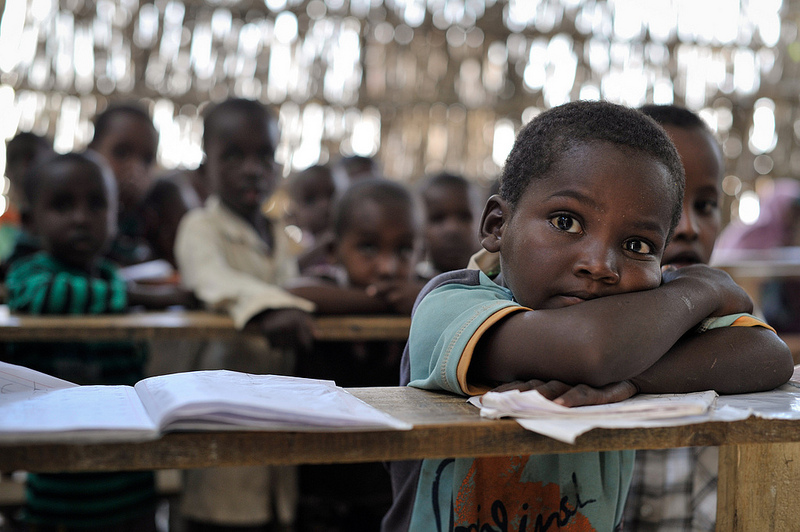The Zuckerberg and Gates-backed Bridge International faces troubles in Uganda as a local judge has ordered it to close its 63 schools in the country.
In July, Uganda’s education commission had ordered the schools to close, citing poor sanitation, among other reasons. Justice Patricia Basaza Wasswa of the High Court in Kampala upheld the decision, claiming that Bridge International “did not take the requisite actions” when pressed by the Permanent Secretary of the ministry of Education to “remedy the inadequacies in its operations.”
The Bridge schools served 12,000 students in Uganda and were markedly cheaper than other schooling options. According to one parent, James Black, who had six children at Bridge schools, the fees were one-third of what he used to pay.
Upon inspecting the school’s facilities himself he concluded that “when I visit the school I look at the kitchen and latrines and they are fine.” He adds that there may have been ulterior motives to the closings: “Many of the officials in the ministry own private schools, and I think that they are scared that they will lose pupils and their fees.”
The situation is part of a larger debate over the role of public and private education in African countries. This past March, United Nations Special Rapporteur on the right to education, Kishore Singh, criticized Liberia for its plan to transition much of its education system from public schooling to the private (for-profit) Bridge International schools. In his view, “Provision of public education of good quality is a core function of the State. Abandoning this to the commercial benefit of a private company constitutes a gross violation of the right to education.”
Educational activists have voiced concerns over “education imperialism,” on the basis of a shift of public resources from supporting free, universal education to funding private schools that charge fees. The mention of education imperialism also calls to mind questions of influence over important decisions, such as curriculum content and teacher evaluation. Some have argued that large philanthropic efforts undertaken by figures like Bill Gates lead to their undue influence, “as institutions like the Gates Foundation take increasingly leading roles in policy-making and governance” and “the line between traditional notions of charity and top-down consolidation of power becomes unclear.”
As for Bridge International, the group has great influence over curriculum content, given their teaching model. As the Huffington Post puts it, in Bridge schools, “teachers are no longer teachers, but classroom managers who deliver scripted instruction.” The teachers receive lesson plans remotely through tablet computers, and “they are tracked by academy managers who submit data on student and teacher performance to headquarters in Nairobi and Massachusetts.”
That is in some sense understandable, since training teachers is expensive and takes time and they want to collect information on teacher and student performance. But there is also the danger that those offices in Nairobi and Massachusetts begin to exert undue influence on what students are learning and how schools are evaluated. Bridge has, for example, been accused of not following Uganda’s national curriculum.
Expanding affordable, quality schooling is a praiseworthy undertaking. But it is important for philanthropists to be facilitators, not managers and policy makers, and to be in dialogue with and respect the realities of the local communities they seek to help. The values and assumptions of Silicon Valley may not be those of Ugandans, and evaluations made through metrics and managers unfamiliar with the local context may not lead to the best conclusions about what educational policy should be.
-----
Photo credit: United Nations Photo via VisualHunt.com / CC BY-NC-ND






